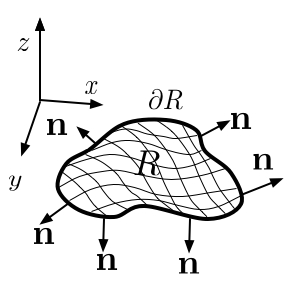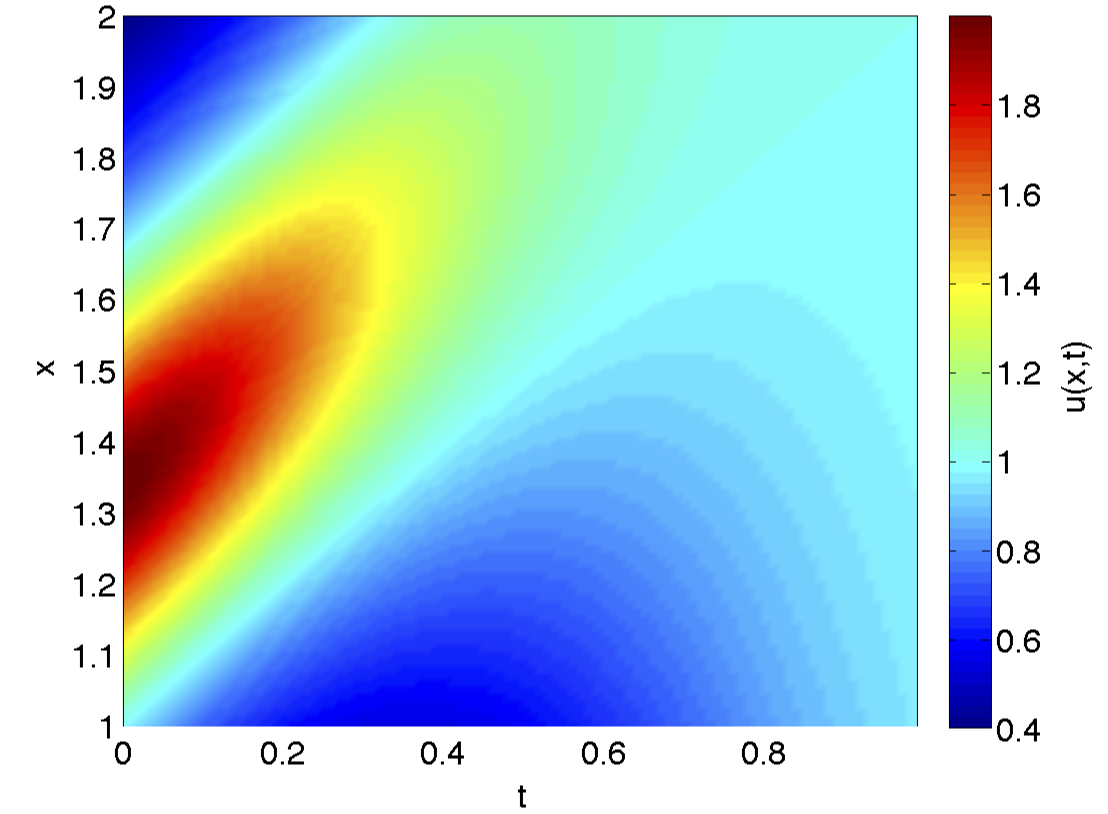
|
Engineering Math Sequence
|

|
The engineering math (EM) sequence is a product of collaboration between the Engineering College and the Department of Mathematics, presenting four semesters of calculus and differential equations material essential for developing engineering majors. The sequence features a reorganized curriculum and incorporates additional instructional support, tailored to the needs of the Engineering College's undergraduate majors. The course sequence features the following elements:
- The Engineering Mathematics sequence: there are two tracks, a normal track and an accelerated honors track
- Normal track : Four semesters of mathematics courses, each 4 credits, and optional 3160. The courses are listed below, with links a representative syllabus and expected learning outcomes:
- Accelerated/honors track
- 1311 : Accelerated engineering calculus 1---single-variable calculus
- 1321 : Accelerated engineering calculus 2---series and multivariable and vector-calculus
- Several options for a 3rd and 4th semester are available:
- 2250 : Ordinary differential equations and linear algebra
- 2270 and 2280: Linear algebra, and differential equations, respectively
- 3140 ---depending on major: Vector calculus and partial differential equations---some redundant material with 1321 (the last two chapters of the calculus text are presented in 1321 and 3140)
- 3150: Partial differential equations---depends on major
- 3160: Complex variables---depends on major
- Problem solving fluency: Students should gain proficiency in complete problem solving that involves a structured approaches combining many skills to serve a stated objective, that goes beyond basic procedural skills in mathematics. These skills include reading and understanding problem objectives, operationalizing the objectives into a specific mathematical method, correct execution of mathematical methods, and interpretation and communication of results
- Weekly laboratory sections: the EM sequence incorporates one laboratory hour every week in addition to lecture time, where students participate in teaching-assistant-facilitated problem solving sessions. These sessions are specifically designed to aid the problem solving fluency learning objective (see above), as well as basic skills practice.
- Streamlined presentation: Relative to the traditional calculus sequence (1210-1220-2210), the engineering sequence offers a streamlined presentation of standard calculus topics as well as an earlier presentation of transcendental functions that are important for mathematical modeling of many engineering-related applications.
- Textbooks:
- Calculus: Concepts and Contexts 4th Edition, by James Stewart (ISBN-13: 978-0-495-55742-5)---price is about $195.
- Linear Algebra and Differential Equations: with Introductory Partial Differential Equations , by Edwards, Penney, and Haberman, a custom-printed textbook for the University of Utah: (ISBN- 13: 9781269425579 )